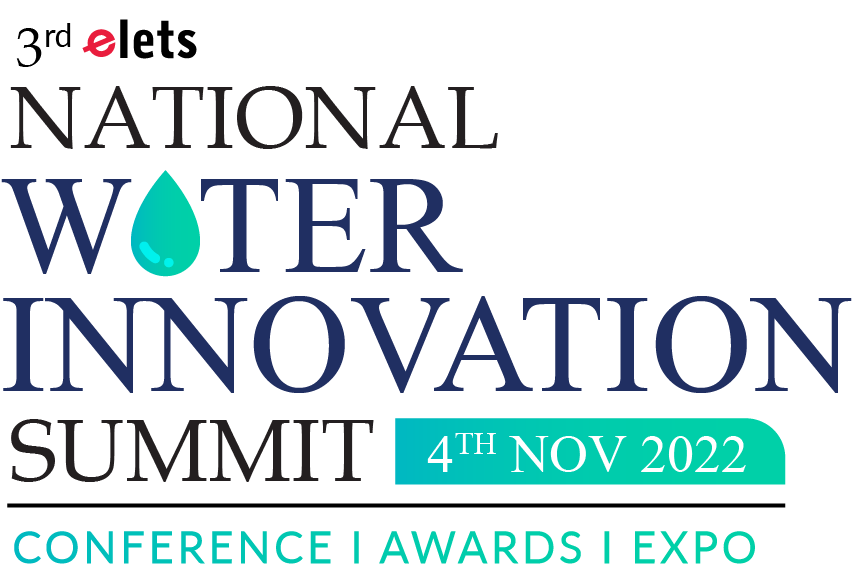M P Singh

Hailing from a rural background and having seen poverty from close quarters in my childhood it has been my dream to work for the cause of improving the lives of the poor, especially, those living in difficult conditions and remote areas of our country. In order to help needy people, I took challenge of choosing my career in development sector where I could work with the people by directly getting in touch with them for assessing their needs and helping not only on the basic human needs requirement but also aligning agenda with inclusive development of the country mainstreaming with international development agenda. In order to do so, I resigned in 1996 from post of Development Officer, Ministry of Chemicals & Fertilizers, Government of India. Departing from such a secured position to the new field of development to work with developmental institution of the Government of Japan, was a biggest challenge of my life. But my passion to work for the development helped me to work with full dedication, commitment and punctuality. From the beginning, the habit of learning at each stage of the life and working with a team helped me to satisfy goal of the life.
After graduation in Chemical Engineering in 1983 from HBTI Kanpur, I worked with National Fertilizers Ltd. as Chemical Engineer. Having gained hands-on experience, I moved on to higher echelons of public service to handle challenging tasks in the Ministries of Commerce & Industry and Ministry of Fertilizers, Government of India. I led several path-breaking initiatives in policy formulation in areas of industrial development and trade promotion, besides projects formulation, macro supervision, monitoring, technology transfer and commissioning of the projects.
In 1996, I became part of the Overseas Economic Cooperation Fund of Japan, and Japan Bank for International Cooperation (JBIC) handling Japanese ODA with the objective of making a direct impact on the lives of the poor people, by promoting pro-poor programs with policy / governance reforms.
Given the complex nature of developmental issues, I ensured effective implementation of Japan’s ODA programs. The projects handled particularly in the Water & Sanitation, Urban Transportation (Metro), Railways sectors through effective policy dialogue, harmonized procedures, consensus building among diverse stakeholders and intensive project monitoring have made a real difference to the society.
During the year 2008, I became part of Japan International Cooperation Agency (JICA) under Ministry of Finance, Ministry of Foreign Affairs and also Ministry of Economy, Trade and Industry, Government of Japan. JICA is responsible for administering Japanese ODA Loans, Technical Cooperation and Grant Assistance under the one roof.
The past few years have seen tremendous growth in the Infrastructure sector but still there remains a huge unmet demand. Japan’s ODA has contributed significantly to this growth. Japan is biggest bilateral development partner of India and India is largest recipient of Japanese ODA assistance for the last several years. Take the example of the Delhi Metro Rail Phase I and Phase 2 Projects, which were completed in record time and is, today, a shining example of structuring and implementing a complex mega-infrastructure project through bilateral (Indo-Japanese) cooperation. Japan takes pride in saying that the Delhi Metro Project is one of the most shining example of Japanese economic cooperation on global basis. The success of Delhi Metro has spurred demand for metro projects in many cities, out of which JICA is assisting metros in Bangalore, Kolkata, Chennai, Mumbai and Ahmedabad in addition to Delhi Metro Phase 3. But replicating the good practices of Delhi Metro remains a continuing but exciting challenge.” Besides above, the administering the Western Dedicated Freight Corridor Project, Pollution abatement of Ganga, Yamuna and other Rivers in major cities in India remained a big challenges for me to work with.
My constant endeavor has been to maximize the effectiveness of the projects and mitigate the risks amongst vulnerable sections by incorporating value-added measures in the projects, such as COVID-19 Mitigation Measures, HIV/AIDS awareness among migrant workers, Malaria mitigation measures among poor villagers and knowledge transfer based on international best practices through Japanese engineers for Delhi Metro, Non-Revenue Water Reduction and SCADA, Introduction of cost effective technologies in water & sanitation projects in India, O & M of Water & Sewage Treatment Facilities in India.” I am also fond of sharing my knowledge and expertise with all the concerned on national as well as international level.
While continuing to contribute to public service on one front, I added academic strength to his repertoire by acquiring twin Masters Degrees – in Economics and Business Administration (Finance).
Besides the busy schedule, I always make a point to provide quality time for my family over the weekends, which includes going out for meals, watching movies or simply listening to classical/spiritual music.

